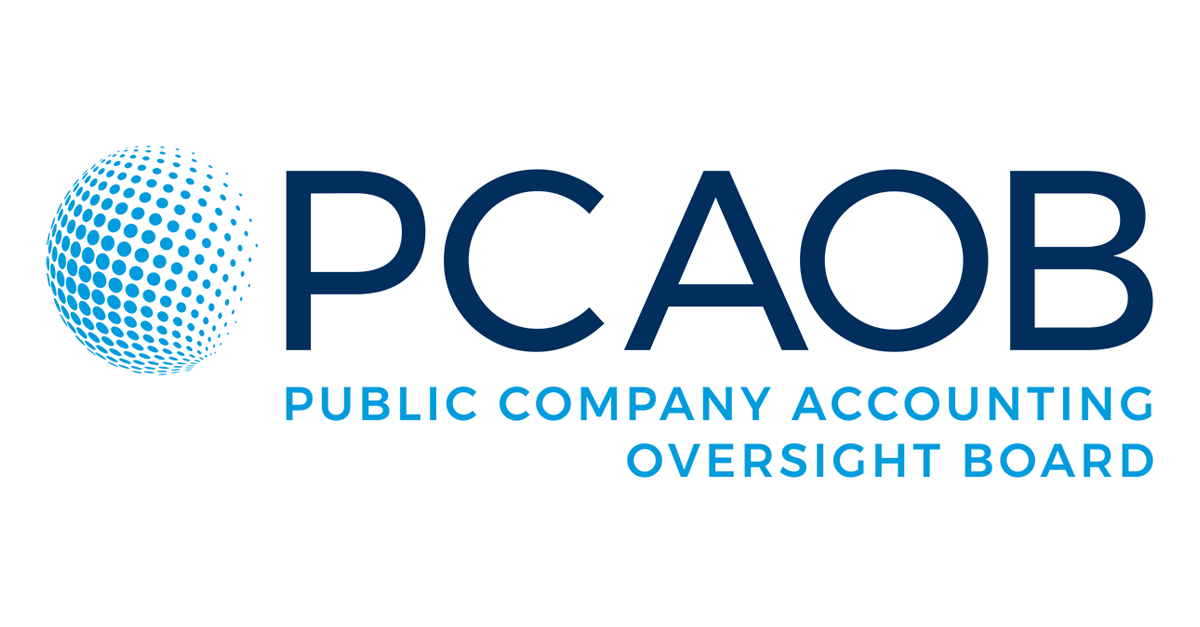PWC Fined $7 Million In Extensive Cheating In Chinese Audit Exams; PwC India Sets Sights on ₹9,000 Crore Revenue Milestone Amidst Robust Growth
The prestigious "Big Four" accounting firm, PwC, is facing a substantial setback as its China division incurs a $7 million fine from the U.S. Public Company Accounting Oversight Board (PCAOB). The penalty stems from a startling revelation that over 1,000 employees in PwC Hong Kong, along with hundreds in PwC China, were engaged in widespread cheating during internal training exams conducted in mainland China and Hong Kong. This enforcement marks one of the highest fines ever imposed by the PCAOB and signifies a critical turning point in holding China-based firms accountable for regulatory compliance. Meanwhile, PWC India is on the cusp of a historic achievement, poised to surpass the ₹9,000 crore revenue milestone in the current fiscal year.

PwC’s China division is facing a $7 million fine from a U.S. regulator for permitting widespread cheating in internal training exams in mainland China and Hong Kong.
On Thursday, the U.S. Public Company Accounting Oversight Board (PCAOB) announced that over 1,000 employees in PwC Hong Kong and hundreds in PwC China were involved in the extensive cheating, marking one of the largest fines ever imposed by the PCAOB.
This violation occurred from 2018 to 2020 when PwC employees engaged in improper answer sharing during online tests for mandatory internal training courses related to the U.S. auditing curriculum.
The unauthorized sharing of answers allegedly involved the use of two software applications, and most of the implicated staff later worked in the firms’ assurance practices, leading to a significant breach of quality control standards.

The PCAOB fined PwC a total of $7 million, with the Hong Kong and mainland China entities ordered to pay $4 million and $3 million, respectively, while the $4 million penalty represents the second-highest amount ever imposed by the PCAOB, while the $3 million matches the third-highest.
The fines come as a result of increased regulatory scrutiny following a 2022 agreement allowing U.S. regulators to inspect and investigate Chinese firms auditing the books of companies listed on Wall Street.
PCAOB Chair Erica Y. Williams stressed that these penalties signal the end of China-based firms evading accountability, stating that the PCAOB will take action to protect investors in U.S. markets.
PwC, which has been operating in China since 1906, describes itself as the country’s largest international accounting firm.
Both the Hong Kong and mainland Chinese offices released identical statements acknowledging the cheating, stating that they promptly investigated the matter, took remedial action and, reported the issue to the PCAOB and cooperated with U.S. officials, stating their commitment to meeting high standards in the future.

In a separate case, the PCAOB penalized a mainland Chinese accounting firm, Shandong Haoxin, and four of its associates for violations, including issuing a false audit report and improperly claiming the work of another accounting firm as their own.
Shandong Haoxin and its associates were fined a total of $940,000, with the individuals barred from associating with a registered public accounting firm for a specified period.
Shandong Haoxin expressed full cooperation with investigations and pledged to adhere to both U.S. and Chinese regulations in its auditing services for Chinese companies going public in the United States.
Highly Regrettable
‘Highly regrettable’ was the term used in a joint statement from PwC’s Hong Kong and Chinese branches, expressing deep disappointment that employees had shared test answers.
PwC conveyed that they have subsequently stressed to their entire workforce the policies governing appropriate conduct during online training sessions and the importance of ethical and responsible utilization of emerging technology.
In 2021, the PCAOB imposed a $450,000 fine on KPMG Australia for “widespread” cheating on tests aimed at ensuring partners and staff uphold integrity and possess the necessary skills for their roles.
The regulatory body found that over 1,100 KPMG partners and staff were involved in improper answer-sharing during training tests from at least 2016 to early 2020.
The PCAOB oversees firms globally that audit companies listed on U.S. exchanges and was established two decades ago in the aftermath of Enron’s collapse.

PwC India Sets Sights on ₹9,000 Crore Revenue Milestone
While PWC China has come under scrutiny, in sharp contrast PwC India is poised to achieve a historic financial milestone as it anticipates crossing the ₹9,000 crore revenue mark in the current fiscal year.
The Chairperson, Sanjeev Krishan, is confident in this significant achievement, attributing it to a robust growth trajectory witnessed across all business segments.
Impressive Growth Across Diverse Service Lines
PwC India reported remarkable growth rates exceeding 20% individually in assurance, tax, and advisory services, with the advisory segment leading the way.
The success is attributed to the effectiveness of the ‘new equation strategy’ implemented in August 2021, reflecting a strategic shift that has exceeded the company’s initial aspirations.
Exceeding Aspirations and Workforce Expansion
Originally aiming for a revenue target of $1 billion and a workforce expansion to 25,000 individuals, PwC India has surpassed these ambitious goals; with a current staff strength of 27,000, the company is on track to meet its revenue target by the end of the fiscal year.
In light of heightened competition and an increasing corporate appetite for technology-driven services, PwC India has adopted a strategic approach focused on four key sectors, four platforms, five competencies (including cloud, digital, and cyber), and global capability centers (GCCs) and managed services.
In response to evolving market trends and client feedback in the post-Covid landscape, PwC India has also refined its market approach – prioritizing high-priority clients, adopting a sector-led approach, and strategically targeting captive opportunities.
PwC India’s strategic alliances with industry giants like Oracle and SAP, coupled with the acquisition of Venerate Solutions, have also greatly contributed to its tech-driven services space. The firm indicated substantial growth in the transformation business and risk service line, riding the wave of digital transformation.
PwC India has also increased its investment budget from 5% to 10% of revenue over the last three years, and the firm has pledged over ₹600 crores for employee training and development in the next three years.




